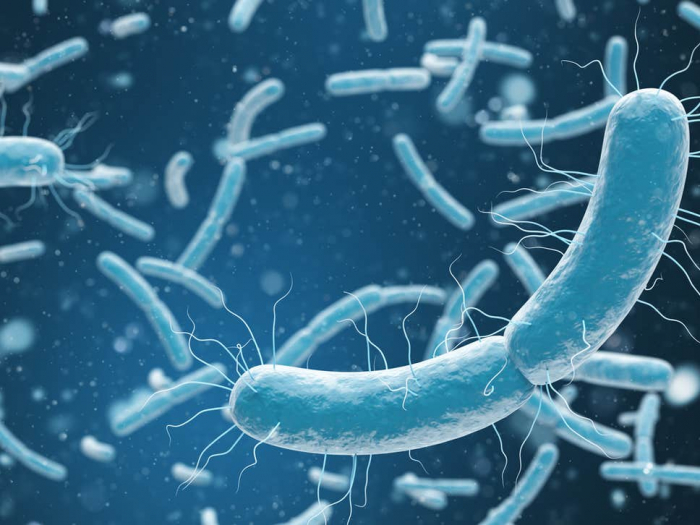Over the course of several months, researchers in Israel created an E coli strain which, through genetic manipulation, consumes CO2 for energy instead of organic compounds.
The team used “metabolic rewiring”, to help transform the E coli’s diet to make it consume CO2 in a similar manner to a plant.
This involved adding genes which metabolise CO2, and removing genes which usually process sugar compounds.
“From a basic scientific perspective, we wanted to see if such a major transformation in the diet of bacteria – from dependence on sugar to the synthesis of all their biomass from CO2 – is possible,” said first author Shmuel Gleizer, a Weizmann Institute of Science postdoctoral fellow.
“Beyond testing the feasibility of such a transformation in the lab, we wanted to know how extreme an adaptation is needed in terms of the changes to the bacterial DNA blueprint.”
The team said the results were a significant step in synthetic biology and highlight the “incredible plasticity of bacterial metabolism” and could provide a framework for future carbon-neutral bioproduction.
“Our main aim was to create a convenient scientific platform that could enhance CO2 fixation, which can help address challenges related to sustainable production of food and fuels and global warming caused by CO2 emissions,” said senior author Ron Milo, a systems biologist at the Weizmann Institute of Science.
“Converting the carbon source of E coli, the workhorse of biotechnology, from organic carbon into CO2 is a major step towards establishing such a platform.”
Dr Gleizer said there was no existing precedent for the process.
“The study describes, for the first time, a successful transformation of a bacterium’s mode of growth. Teaching a gut bacterium to do tricks that plants are renowned for was a real long shot,” he said.
“When we started the directed evolutionary process, we had no clue as to our chances of success, and there were no precedents in the literature to guide or suggest the feasibility of such an extreme transformation. In addition, seeing in the end the relatively small number of genetic changes required to make this transition was surprising.”
The authors say that one major limitation is that the bacteria currently release more CO2 than is consumed through carbon fixation. In addition, more research is needed before it’s possible to discuss the scalability of the approach for industrial use.
The researchers say their next step will be to aim to supply energy through renewable electricity to address the problem of CO2 release, and improve their understanding of the conditions in which the bacterium can flourish.
“This feat is a powerful proof of concept that opens up a new exciting prospect of using engineered bacteria to transform products we regard as waste into fuel, food or other compounds of interest,” said Professor Milo.
“It can also serve as a platform to better understand and improve the molecular machines that are the basis of food production for humanity and thus help in the future to increase yields in agriculture.”
The Independent
More about: climatechange
















































